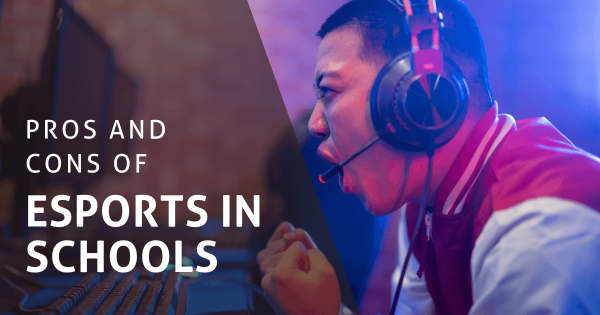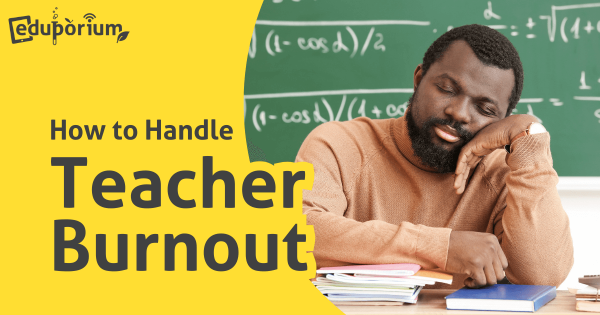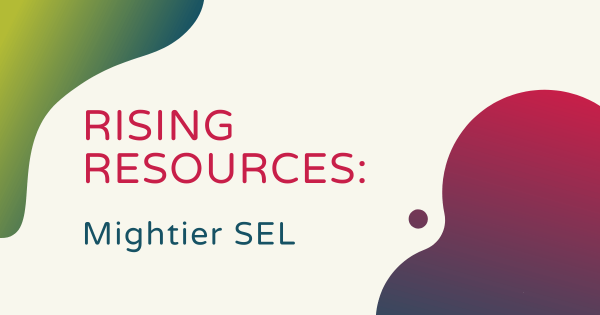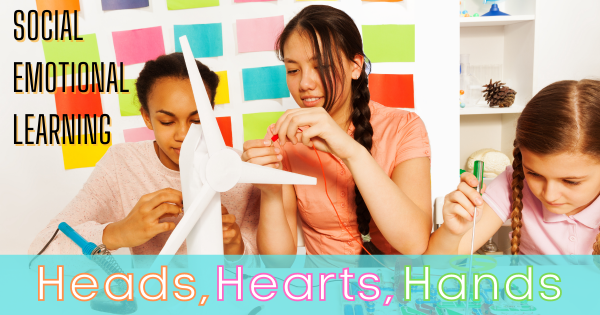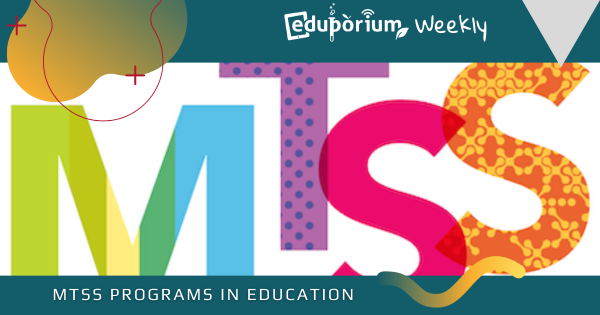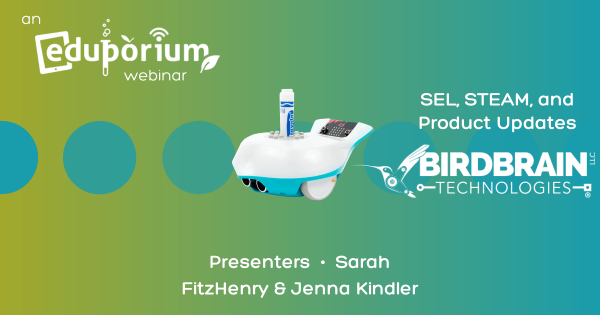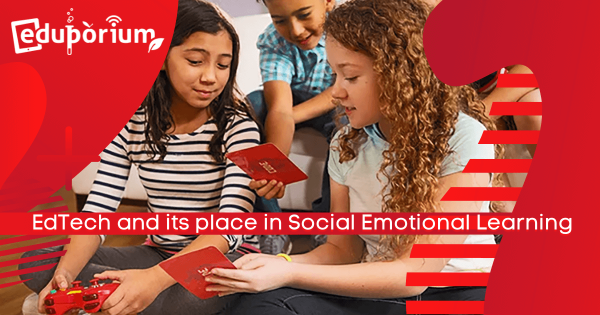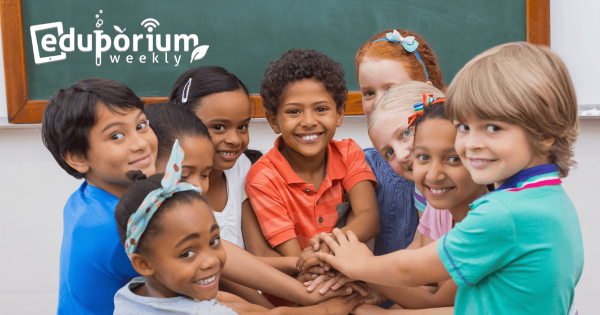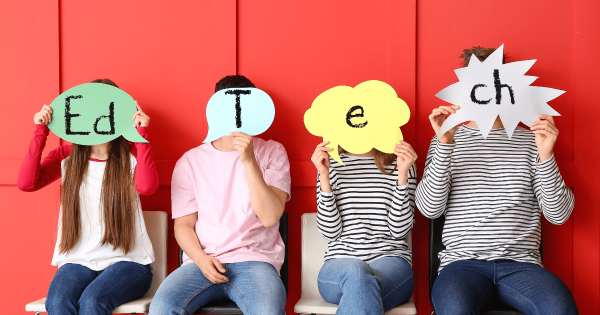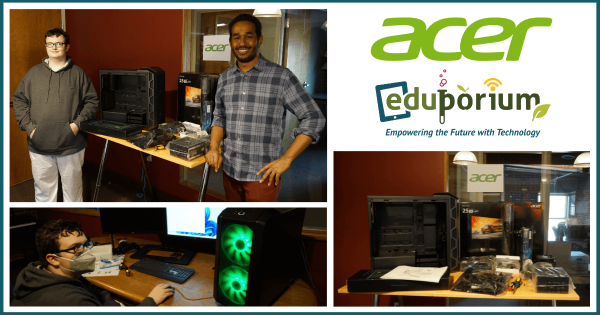Aside from the likely guarantee that both parents and administrators will be skeptical, there could be a handful of possible issues with starting a school esports program. Ultimately, however, there truly are a long list of positives associated with interscholastic esports, like students building career skills, becoming part of a community, and fostering new relationships with peers.
SEL
Social-emotional learning has evolved so much in just the last few years alone. Today, it's an essential element of a true 21st century learning experience. Even before the pandemic upended learning and transformed the ways in which educators interacted with their students, incorporating SEL was still very much a focal point. In our experiences, this can be done in many different ways. While SEL-inspired curricula can be effective, we sincerely believe in the power of touch. This is what activates social-emotional experiences and bolsters a student's social-emotional foundation. And, fortunately, there are so many opportunities for this in STEAM education. From programming a robot to working together on a design project, students can get the best of both worlds. All it takes is a little bit of strategy in combining these two key areas of 21st century education.
SEL in the classroom or other educational environments benefits students in a number of ways. Whether educators prefer to subtly introduce students to relevant SEL skills, concepts, and competencies or actively work to ensure students collaborate and communicate effectively, it can truly enhance many different types of lessons. Factor in all the new types of daily stressors students are facing as a result of distance learning, traumas, or any other personal experiences and SEL can play a huge role in ensuring they're able to continue learning. With stronger social-emotional health, students also often tend to perform better academically. We believe they can develop their SEL skills in all learning environments. This includes in the classroom, after school, on the playground, and in extracurricular participation. Here, you'll find our thoughts on why this is important and how STEM education can help.
-
Eduporium Weekly | How To Handle Teacher Burnout
Providing our teachers support involves different approaches for different situations. As teachers face novel challenges from in-person learning, new technologies, and more, it is essential to give them the tangible help they need to thrive. Self-care, social-emotional strategies, collaboration, and material resources can all help to alleviate teacher burnout. -
Rising Resources | Mightier SEL For Regulating Emotions
Mightier is ideal for students who are between six and 12 years old since it helps them learn to identify why certain behaviors are harmful, how to best avoid them, and how to manage their feelings. Children can use Mightier in or out of the classroom and they typically start to show improvements with emotional behavior and managing reactions within -
Social-Emotional Learning And MakerEd: Head, Heart, Hands
MakerEd is a technological and creative learning revolution that centers on a pedagogy designed to help children bolster significant skills like decision making, responsibility, relationship management, community engagement, creative thinking, problem solving, teamwork, and more through hands-on projects that create connections between their heads, hearts, and hands. -
Eduporium Weekly | Using MTSS Programs In Education
A multi-tiered system of support is an instructional framework that involves three separate tiers. These students will receive instruction and support on a much more general scale in the first tier and then this attention increases in personalization as needed. Simultaneously, instructors use the data and assessments they create to inform what each child needs at each phase. -
Video: Finch 2.0, Hummingbird, And SEL Webinar
If you haven’t seen the full broadcast or you want to revisit some of the key topics we covered in the presentation, the full replay is still available. Some of the highlights include how the BirdBrain materials align to standards and offer a low floor and high ceiling for STEM education. As for leveraging the robots in SEL, we also -
EdTech And Social-Emotional Learning
With classroom SEL practices come key opportunities for students to learn some of the most significant social-emotional skills for the future, including self-awareness, goal setting, and social awareness. And, if more educators learn to seamlessly integrate EdTech tools in SEL instruction, they can help to unlock new benefits and expand how SEL impacts kids’ development. -
Eduporium Weekly | Teaching Empathy In The Classroom
Particularly since the pandemic began, educational leaders and classroom teachers have had to rethink a lot of their instructional strategies. And, one of the biggest focus areas has been around SEL and ensuring all students feel comfortable expressing their thoughts among their peers—something that’s done a lot to bring conversations about empathy into the classroom. -
Using EdTech To Teach SEL And Communication Skills
Although the pandemic caused setbacks in SEL and communication skills, students are often using EdTech to revitalize some of that lost learning. By working as teams to build a circuit or practicing conversations with robots, students foster communication skills that can prepare them for their future. And, they can even communicate in alternative ways through art or music. -
A Teen's Journey To Building A Full Gaming System
About three years back, Logan and his family learned that he had inherited a rare genetic condition known as TANC2 Syndrome. Instantly, most of the normalcy slipped out of his life—with near-constant hospital visits, medical tests, and physical struggles—but one thing that remained was his passion for gaming, leading to his mom helping him learn to build his own system.




